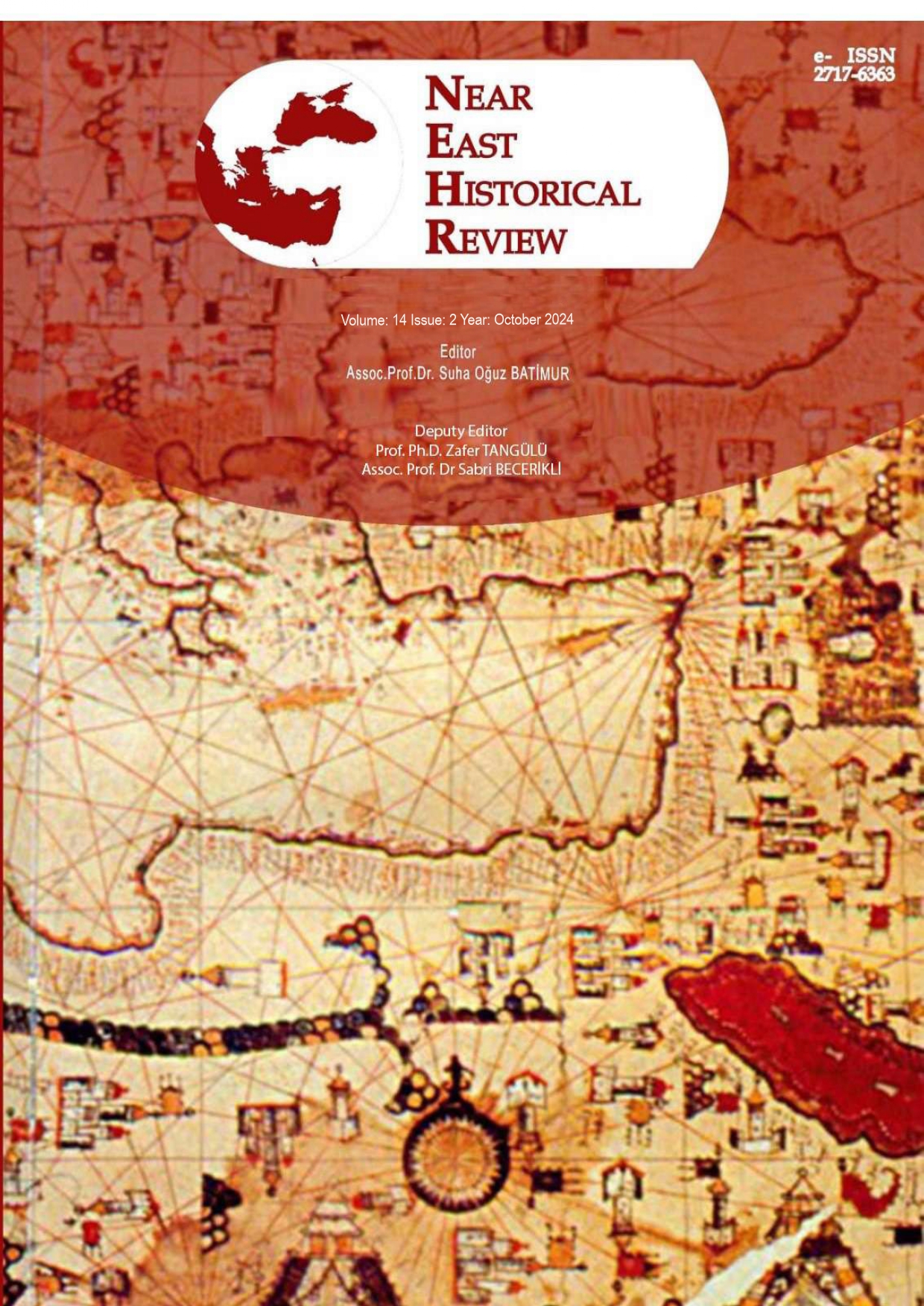Author :
Abstract
Rusya’da 1917 yılında meydana gelen Bolşevik İhtilali sonrası komünizm ideolojisi, Türkiye’de de etkili olmak istemiş ve Milli Mücadele döneminden itibaren buna yönelik çalışmalar yürütmüştür. Bu süreçte Türk yöneticileri Sovyet yönetimi ile yakın askeri ve ekonomik ilişkiler geliştirirken, komünizme dair yapılan faaliyetleri de yakından takip etmişlerdir. Komünist faaliyetlerin etkilerini sınırlandırmak adına hukuksal düzenlemeler de gerçekleştirilmiş ve devletin yönetim davranışında komünizmle mücadele kendine önemli bir yer bulmuştur. İkinci Dünya Savaşı sonunda uluslararası siyaset, Sovyet Rusya’nın temsil ettiği komünizmle ABD’nin temsil ettiği özgürlükçü değerleri savunan Batı bloku arasında yaşanacak mücadele etrafında devam etmiştir. Bu mücadelede yönünü Batı blokuna çeviren Türkiye’de çok partili hayata geçiş süreci yaşanmış ve siyasi, toplumsal alanda demokratik gelişmeler artmıştır. Bu süreç komünist faaliyetlerinin yoğunlaştığı bir ortamı da beraberinde getirmiştir. Böylelikle Türkiye komünizmle mücadele etme kararlığını ortaya koymuş ve buna ABD de ekonomik ve siyasi destek sunmuştur. Bu mücadele, 1950 seçimleri sonrası iktidara gelen Demokrat Parti ile devam ettirilmiş ve çıkarılan kanun maddelerinin ağırlaştırılması ile komünist faaliyette bulunmanın oldukça zor olduğu bir iklim oluşturularak, komünist faaliyetlere çok büyük darbe vurulmuştur.
Keywords
Abstract
After the Bolshevik Revolution in Russia in 1917, the ideology of communism wanted to be effective in Turkey as well, and it has been working towards this goal since the period of the War of Independence. In this process, while Turkish rulers developed close military and economic relations with the Soviet administration, they also closely followed the activities related to communism. In order to limit the effects of communist activities, legal arrangements were also made and the fight against communism found an important place in the administrative behavior of the state. At the end of the Second World War, international politics continued to revolve around the struggle between communism, represented by Soviet Russia, and the Western bloc, which defended liberal values, represented by the United States. In this struggle, Turkey turned towards the Western bloc, which led to the transition to multi-party life and democratic developments in the political and social spheres. This process also brought along an environment where communist activities intensified. Thus, Turkey demonstrated its determination to fight against communism and the US provided economic and political support. This struggle was continued with the Democrat Party that came to power after the 1950 elections, and communist activities were dealt a major blow by creating a climate where it was very difficult to engage in communist activities with the aggravation of the articles of law enacted.





